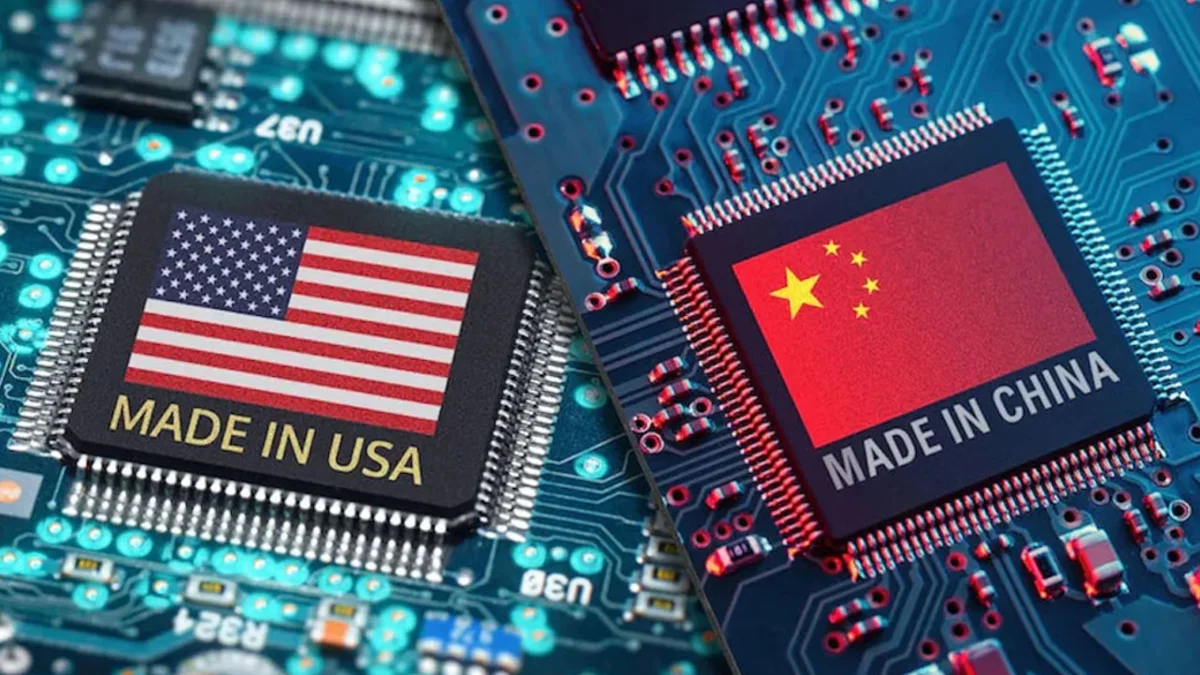Necessary Always Active
Necessary cookies are required to enable the basic features of this site, such as providing secure log-in or adjusting your consent preferences. These cookies do not store any personally identifiable data.
|
||||||
|
||||||
|
||||||
|

The United States is planning to introduce new technology restrictions to stop Chinese companies from getting around existing sanctions. These new rules would focus on the subsidiaries of Chinese firms that are already blacklisted. According to Verdict, the U.S. government wants to stop these companies from using their smaller branches to continue doing business with American firms. The regulations will require special licenses for such transactions.
The U.S. Department of Commerce is working on new rules that will require companies to get a license before they can sell to or work with subsidiaries that are majority-owned (50% or more) by blacklisted Chinese firms. These blacklisted firms include those on the Entity List, the Military End-User list, and the Specially Designated Nationals list.
The goal is to stop Chinese companies from avoiding sanctions by creating or using new subsidiaries. Some of the biggest Chinese technology firms, such as Huawei Technologies and Yangtze Memory Technologies, are already on the Entity List. That means they cannot buy many advanced technologies from the U.S. without government approval. But until now, their smaller or newly formed branches have not always been affected.
Under the new rules, that would change. If a blacklisted company owns more than 50% of a subsidiary, that subsidiary would also be restricted.
Landon Heid, who was nominated for a top role at the U.S. Commerce Department by former President Donald Trump, brought up this idea during his confirmation hearing in April. The U.S. House Foreign Affairs Committee also supported this idea in a 2023 report, saying the rules needed to be tougher and clearer.
These new rules come after the U.S. government recently limited the sale of chip design software to China. This software is used to create computer chips, and most of it comes from American companies like Synopsys, Cadence, and Siemens EDA. These companies control a big share of the global chip design market.
After the U.S. announced the new restrictions in May 2025, Synopsys even paused its financial forecast because of uncertainty. The move signals how serious the U.S. is about stopping China from making advanced chips.
China has strongly opposed these actions. On June 2, 2025, the Chinese Ministry of Commerce said that the U.S. is breaking a recent trade deal made in Geneva. In that agreement, both countries agreed to pause tariffs for 90 days, and China said it would lift export restrictions on some key minerals. China claims it has honored its commitments, whereas the U.S. has failed to uphold its part of the agreement.
Chinese officials have also accused the U.S. of introducing unfair measures, like new export bans and even canceling visas for Chinese students studying in the U.S.
These disputes are affecting global markets. Stock markets in Europe, Japan, and Hong Kong have all fallen recently due to growing uncertainty. The Stoxx Europe 600, Japan’s Nikkei, and Hong Kong’s Hang Seng have all reported drops.
The U.S. says these measures are needed to protect national security and keep its lead in advanced technology, especially in areas like artificial intelligence and semiconductors. But many are now questioning whether these restrictions will really stop China from moving ahead in tech.
As the U.S. continues to add new restrictions, experts and global businesses are closely watching how China will respond, and how these actions might affect global trade and innovation in the future.